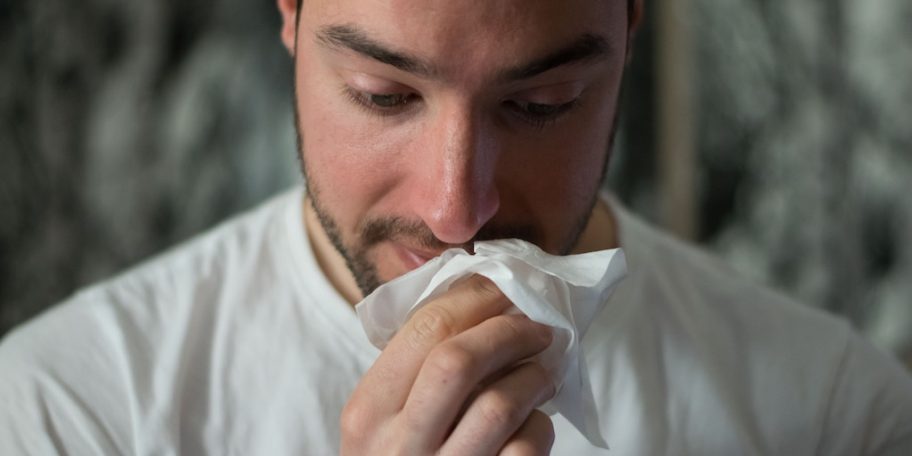Molds are microscopic fungi-related to mushrooms-but without stems, roots or leaves. Their spores float in the air like pollen, and are present throughout the year in many states. Unlike pollens, molds do not have a specific season, but are affected by weather conditions such as wind, rain or temperature. Outdoor mold spores begin to appear after a spring thaw and reach their peak in July in warmer states and October in the colder states. Molds can be found all year long outdoors in the South and on the West coast.
Common airborne molds include alternaria, cladosporium and aspergillus. Some of them trigger severe asthma attacks, especially in late fall. Molds are present in almost every possible habitat. Outdoors, they can be found in soil, vegetation and rotting wood. Molds can also be found indoors in attics, basements, bathrooms, refrigerators and other food storage areas, garbage containers, carpets and upholstery.
As to the toxic mold controversy, hear infectious disease specialist Dr. Mark Crislip dispel some myths.

